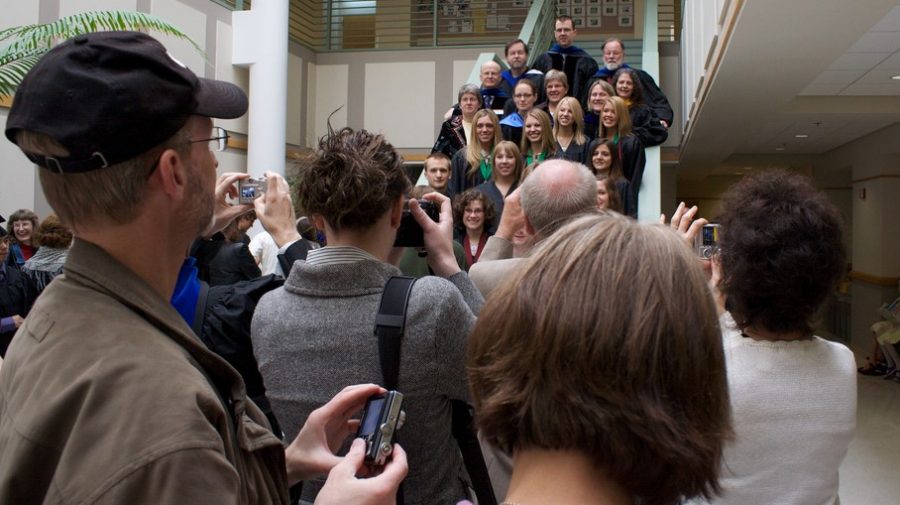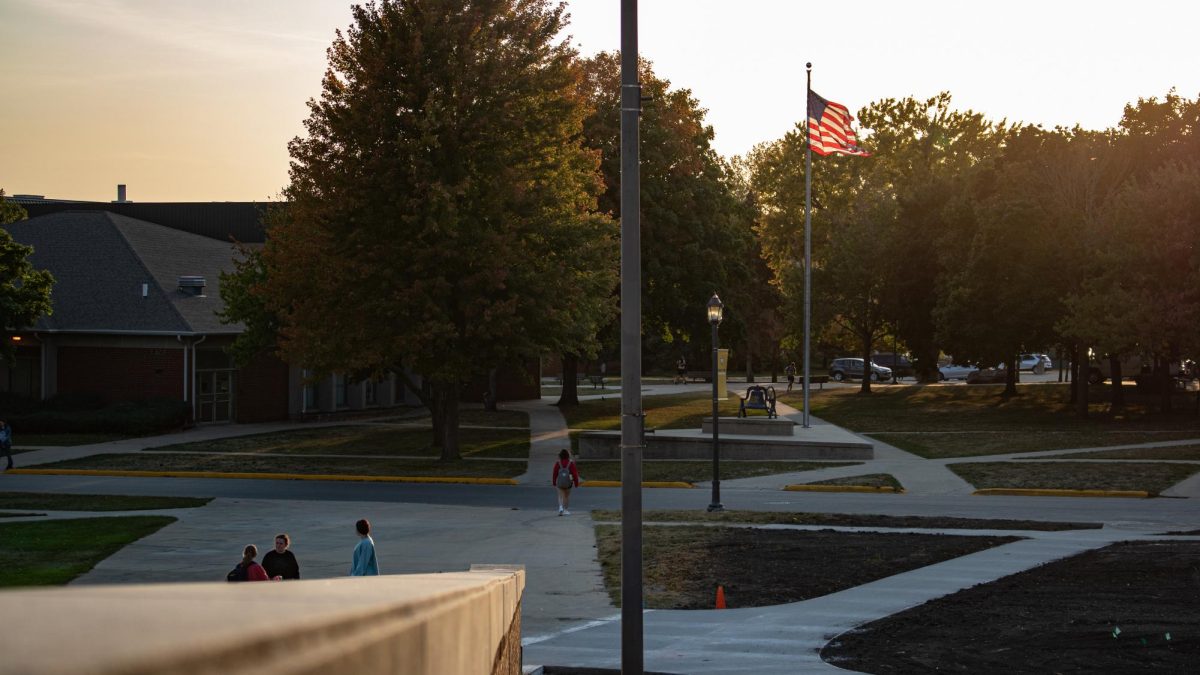Jonathan Ehrlich | Contributing Writer
Following the message of the NPR.org article “Fitting in on Campus,” I propose that Buena Vista University (BVU) makes an intentional effort to ensure that first in their family and low-income college students at BVU know that they belong here, and can be successful graduates.
According to the article, first in their family and low-income students are four times more likely to not complete their first year of college. There are a number of reasons why these students struggle disproportionately compared to students from educated and financially stable families. Two of the reasons are that low-income students have to worry about tuition, room, board, books, and the other costs of being students while at the same time worrying about their demanding class schedule, and the working class culture that the first in their family and low-income students came from did not teach them how to become the educated professionals that a university intends to mold its students into. As a result, first in their family and low-income students not only arrive to university with a mismatched success plan, but also cannot call home for useful guidance on how to overcome the hardships of studying at an academically rigorous university like BVU.
The mismatch plans stem from misunderstandings about the nature and ends of undergraduate study. Despite the admissions flyers and high school counselors’ presentations, BVU is not a place to go and get a degree. It is a place to go to transform into a professional human being. The quality of BVU’s academic programs is especially hard for first in their family and low-income students who do not know what they are actually in for and are struggling to find ways to fit in without a safety net to fall into should they fail. Can BVU as an institution act to find places for these struggling students to fit in and follow-up with necessary support so these students do not fail? Yes.
“Fitting in on Campus,” mentions the solutions of more financial aid, more support services, and training university personnel to be more proactive in how first in their family and low-income students are supported. A student interviewed for the article says that it would have meant a lot just have someone from his college tell him, “You belong.” BVU does some or all of these things, but there is a specific way that it could improve support to first in their family and low-income students.
BVU should train seminar instructors to identify and individually support first in their family and low-income students with skills training that teaches them how to study, how to learn, how to look, act, and think like a professional student, how to optimize one’s talents within the existing university structures, and how to find a place to fit into the exciting but difficult environment of BVU.
Some might say that freshman and transfer seminars are already accomplishing these things. That may be so, and the accomplishments may be real for many of the students. However, because they are known to be vulnerable to disproportionate struggling, BVU’s first in their family and low-income students should be looked at periodically, and the necessary support from BVU should given to them so they know that they belong here, and can graduate successfully despite their struggles.
Photo courtesy of Flickr Creative Commons









